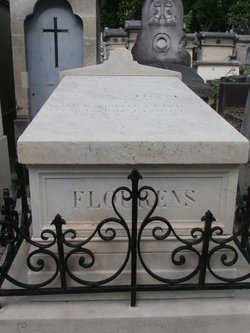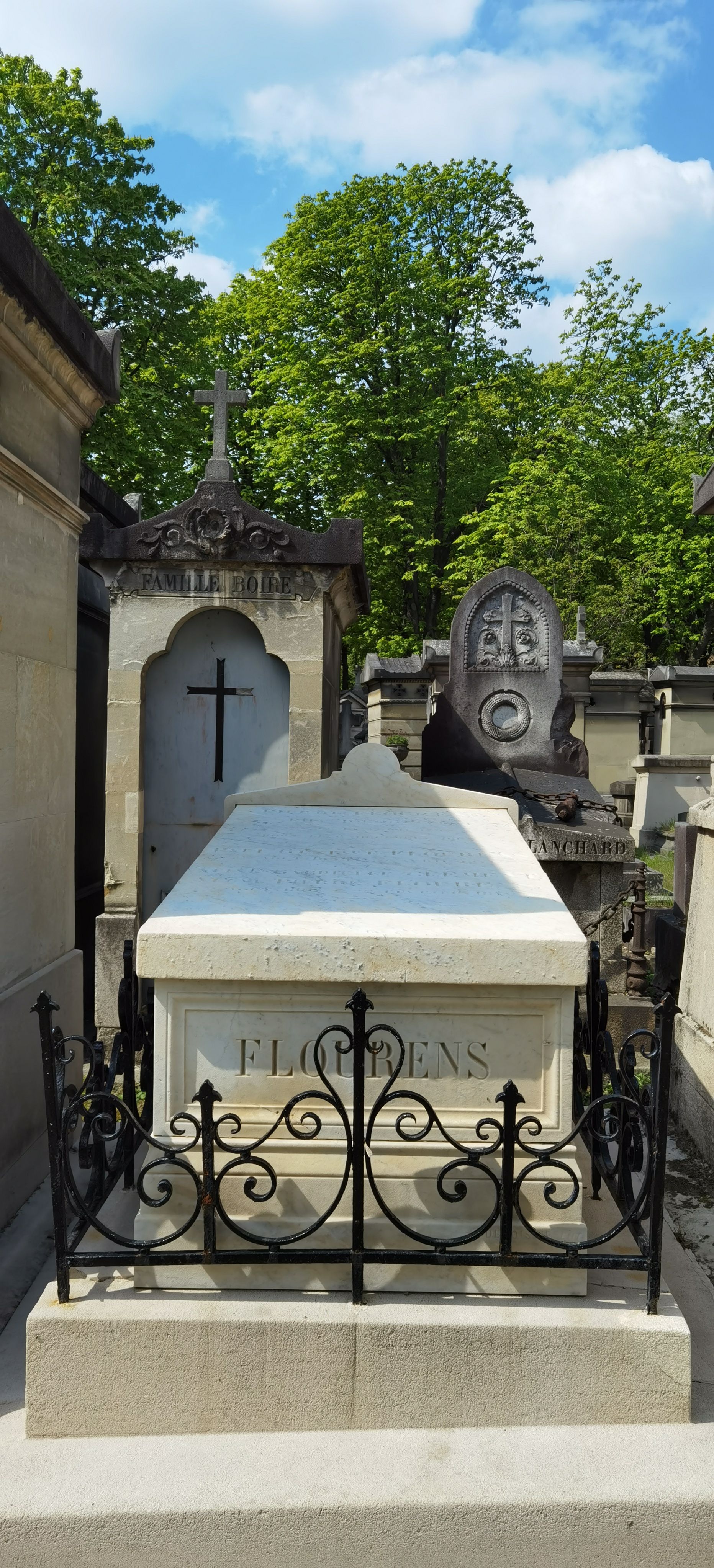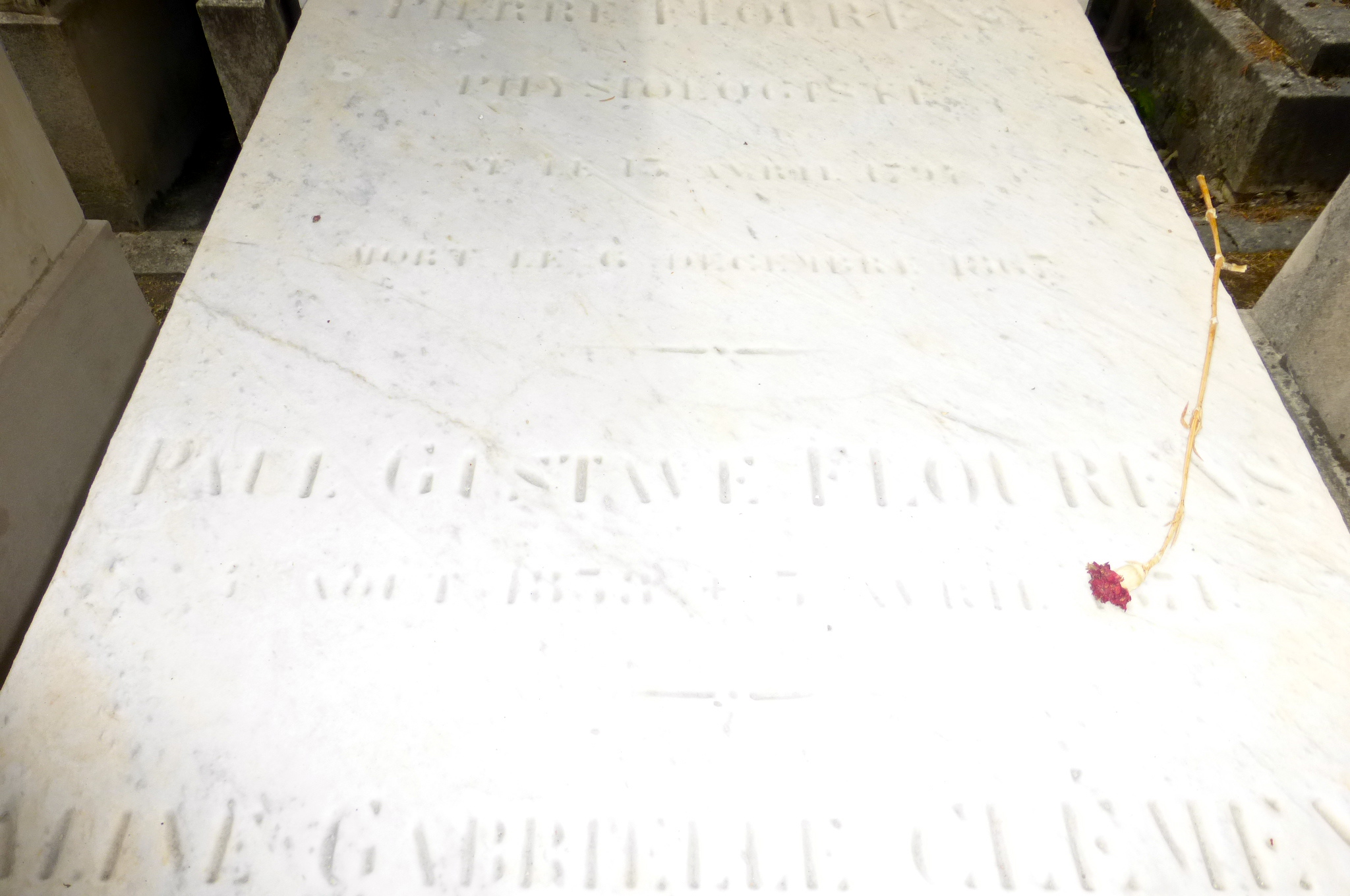In 1863 he became deputy professor of natural history at the Collège de France, where his liberal views, particularly as expressed in a series of lectures on the history of mankind, gave offense to the clergy, who forced his resignation. He went to Belgium, and later to the East, took an important part in the Cretan insurrection, and was elected to the National Assembly of Crete, which he also represented at Athens. After his return to France in 1868, his attacks on the Empire caused his arrest (April 1869), and upon his release from a three months' imprisonment he was wounded in a duel with the Bonapartist Paul Granier de Cassagnac (q.v.). For an attempt at armed resistance on the occasion of the arrest of Henri Rochefort (q.v.) in 1870, he was sentenced to imprisonment for three years. He escaped, however, to England, whence he returned to become a leader of the Communist element during the siege of Paris. Upon the proclamation of the Commune (March 18, 1871), he was elected a member and appointed colonel. He was killed during the march on Versailles.
In 1863 he became deputy professor of natural history at the Collège de France, where his liberal views, particularly as expressed in a series of lectures on the history of mankind, gave offense to the clergy, who forced his resignation. He went to Belgium, and later to the East, took an important part in the Cretan insurrection, and was elected to the National Assembly of Crete, which he also represented at Athens. After his return to France in 1868, his attacks on the Empire caused his arrest (April 1869), and upon his release from a three months' imprisonment he was wounded in a duel with the Bonapartist Paul Granier de Cassagnac (q.v.). For an attempt at armed resistance on the occasion of the arrest of Henri Rochefort (q.v.) in 1870, he was sentenced to imprisonment for three years. He escaped, however, to England, whence he returned to become a leader of the Communist element during the siege of Paris. Upon the proclamation of the Commune (March 18, 1871), he was elected a member and appointed colonel. He was killed during the march on Versailles.
Gravesite Details
Son of Marie Jean-Pierre Flourens, French politician and writer.
Family Members
Advertisement
Explore more
Sponsored by Ancestry
Advertisement





